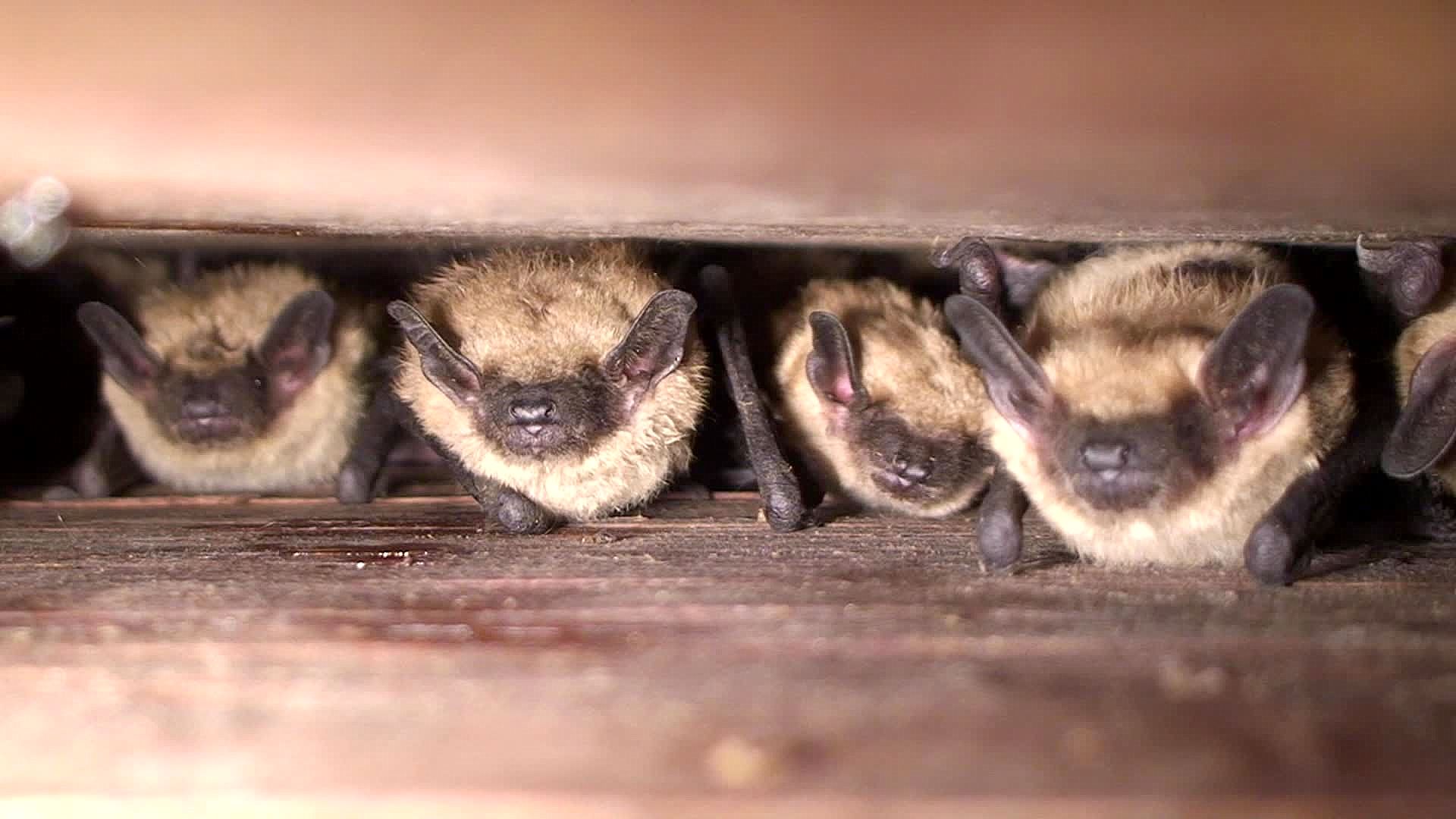Yank Moore, JIA Director of Conservation & Joseph Colbert CWB®, JIA Wildlife Biologist
Chimney swifts and bats are two amazing creatures that share a love for dark spaces. They are both nocturnal creatures, active at night feeding on all the pesky biting insects, like mosquitos and gnats, that try to spoil every tourist’s perfect vacation. During the day they prefer to hide in dark spaces like tree cavities, but significant reductions in standing dead trees have forced these swifts to search for other sources of shelter and refuge. As a result, it’s not uncommon for chimney swifts to take up residence in man-made structures that they can access readily, such as chimneys. Bats have likewise lost many of their roosting trees to residential and commercial development over time, and natural forces such as storms. Subsequently, bats have also been known to inhabit man-made structures including attics, for refuge. Since adapting to these developmental changes, chimney swifts and bats are also losing access to these sources of shelter as homeowners seal off entry points or, in the case of chimneys in the south, no longer construct them at all.
In partnership with JIAs Conservation team, the Jekyll Island Foundation is looking to help these two species and mitigate any disappearing shelter by building houses – aptly known as bat boxes and chimney swift towers – just for them. Bat boxes and chimney swift towers provide a safe place for these creatures to live, thereby reducing their need to find other refuge and directing these animals away from residential houses. Bat boxes are small, wooden, elevated boxes that provide bats with a safe place to roost. By plugging any holes or other access points in an attic after they all leave to forage at night, they are forced to find an alternative home. A nearby bat box, if set up correctly, will lure bats away from homeowner attics. Ideally, a bat box should be small, about 16ft off the ground on a pole, and in the open sun without trees surrounding to ensure that their echolocation abilities won’t be impacted. Like bat boxes, Chimney swift towers are also wooden boxes, but they are designed to resemble the structure of a chimney and offer a source of refuge, as well as a good nesting location.
Conservation team members have captured swifts and tricolored bats in Indian Mound Cottage, Sans Souci, and Moss Cottage, usually in the dining rooms where the dining China and fragile decor are on display. Swinging nets around priceless collections is risky, but protecting both the animals and the houses is a necessity. By building Chimney Swift towers and bat boxes, chimneys and attic accesses can then be closed off to provide these animals safe alternatives for refuge and nesting.
To contribute to the ecological enhancement of wildlife diversity and support the construction and installation of new chimney swifts’ towers and bats boxes on Jekyll Island, click HERE.
